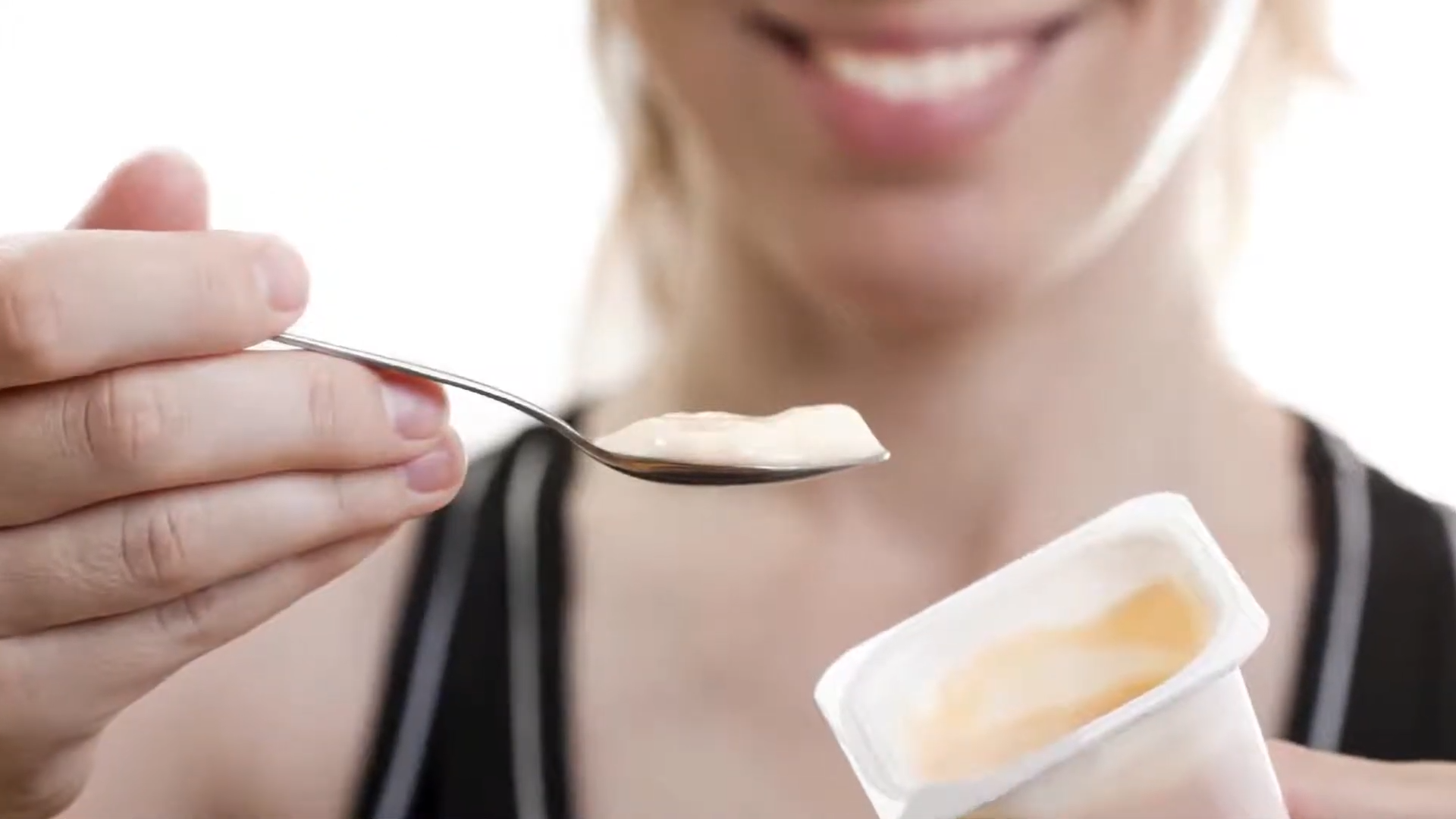Yogurt, a fermented dairy product, is not only a delicious and versatile food but also a treasure trove of natural probiotics. These beneficial bacteria, when consumed in adequate amounts, can offer a multitude of health benefits, including promoting skin health and balance.
The probiotics in yogurt work by maintaining a healthy balance of microorganisms on the skin, which in turn helps to protect against harmful bacteria that can cause infections. Additionally, probiotics can help to reduce inflammation, soothe irritated skin, and promote cell turnover, leading to a more radiant and youthful complexion.
Incorporating yogurt into your diet is an easy and effective way to reap the benefits of its natural probiotics for your skin. Choose plain yogurt with live and active cultures, and enjoy it on its own or with a variety of toppings, such as fresh fruits, nuts, or granola. You can also use yogurt as a base for homemade face masks or apply it directly to the skin for a soothing and revitalizing treatment.
By combining yogurt consumption with regular skincare practices and a healthy lifestyle, you can achieve and maintain healthy, balanced, and glowing skin. Embrace the power of natural probiotics from yogurt and unveil your skin’s natural radiance.
Understanding the Skin Microbiome and Its Role in Skin Health
The skin microbiome refers to the community of microorganisms that reside on our skin. These tiny organisms, including bacteria, fungi, and viruses, play a crucial role in maintaining skin health by protecting against harmful pathogens, regulating inflammation, and promoting cell turnover. When the skin microbiome is in balance, the skin appears healthy, radiant, and youthful. However, factors such as stress, harsh chemicals, and antibiotics can disrupt the balance of the skin microbiome, leading to skin problems such as acne, eczema, and rosacea.
Probiotics and Their Impact on Skin Health
Probiotics are live microorganisms that offer health benefits when consumed or applied to the skin. These beneficial bacteria can help restore balance to the skin microbiome, leading to a number of skin health improvements. Probiotics can reduce inflammation, soothe irritated skin, and promote the growth of beneficial bacteria, all of which contribute to healthier, more resilient skin.
1. Balances Skin Microbiome
Probiotics help balance the skin’s microbiome by promoting the growth of beneficial bacteria. This balance is crucial for maintaining healthy skin, as it prevents the overgrowth of harmful bacteria that can lead to conditions such as acne, eczema, and rosacea. A balanced microbiome supports overall skin health and resilience.
2. Reduces Inflammation
Probiotics have anti-inflammatory properties that can help reduce skin inflammation. By calming irritated skin and decreasing redness, probiotics can alleviate symptoms associated with inflammatory skin conditions. Incorporating probiotics into your skincare routine can lead to a clearer and more even-toned complexion, reducing the occurrence of breakouts.
3. Enhances Skin Barrier Function
Probiotics enhance the skin barrier function, improving its ability to retain moisture and protect against environmental aggressors. A stronger skin barrier helps prevent dehydration, reduces sensitivity, and enhances the skin’s overall appearance. Regular use of probiotic-infused skincare products can result in healthier, more resilient skin.
Yogurt as a Rich Source of Natural Probiotics
Yogurt, a fermented dairy product, is an excellent source of natural probiotics. The fermentation process in yogurt produces beneficial bacteria strains, such as Lactobacillus and Bifidobacterium, which have been well-studied for their skin health benefits. These probiotic strains can be consumed in yogurt or applied topically to the skin in the form of face masks or lotions.
Incorporating Yogurt into Your Diet and Skincare Routine
To reap the skin health benefits of yogurt’s natural probiotics, incorporate it into your diet and skincare routine. Choose plain yogurt with live and active cultures, and enjoy it on its own or with a variety of toppings, such as fresh fruits, nuts, or granola. Additionally, you can use yogurt as a base for homemade face masks or apply it directly to the skin for a soothing and revitalizing treatment. By combining yogurt consumption with regular skincare practices and a healthy lifestyle, you can achieve and maintain healthy, balanced, and glowing skin.
Conclusion
This exploration has shed light on the fascinating world of the skin microbiome, the invisible ecosystem teeming with life on our skin’s surface. We’ve discovered how this delicate balance of microorganisms plays a vital role in maintaining healthy, radiant skin. When the skin microbiome is in harmony, it shields us from harmful pathogens, regulates inflammation, and promotes cell renewal, resulting in a youthful and healthy appearance.
However, factors like stress, harsh chemicals, and antibiotics can disrupt this delicate balance, leading to common skin issues like acne, eczema, and rosacea. Fortunately, probiotics, particularly the beneficial bacteria found in yogurt, offer a promising solution. These live microorganisms can help restore balance to the skin microbiome, reducing inflammation, soothing irritation, and promoting the growth of beneficial bacteria.
By incorporating yogurt with live and active cultures into your diet and exploring its potential in homemade face masks or topical treatments, you can harness the power of natural probiotics for radiant skin. Remember, a balanced skin microbiome is key to achieving and maintaining healthy, glowing skin. By combining mindful dietary choices with a consistent skincare routine and a healthy lifestyle, you can promote a flourishing skin microbiome and reveal your skin’s natural beauty.








